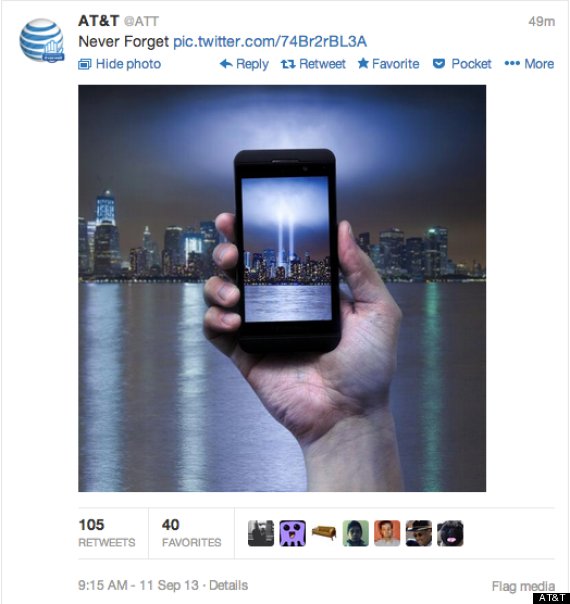The other day in my Econ101 class, the professor suggested looking up a video by David Suzuki on externalities.
Although I disagree with his criticisms on economics as a social science, I do believe that sustainability should be a more prevalent concern for companies and society as a whole. This also ties into Week 3’s discussion on ethics in regards to how potential negative impacts may be disregarded in favor of generating more profit.
An article in The Guardian outlines a how companies deemed as “highly sustainable” differ in certain aspects from traditional businesses. It emphasizes that the current definition is too intent on concrete reductions, and that working to make the world better will in turn create value and influence how healthy the business will be tomorrow. Companies with sustainable cultures are managed with a broader set of standards, with a greater focus on the long-term and more open disclosures.
I find that the perspective that this article presents is different from my previous ideas of “sustainability.” After reading, however, I can say that it has altered my stance on the subject, and I agree; instead of focusing on tight resource management and cutting down numbers, companies should see sustainability as a catalyst for innovation and positivity.

 (
( (
(






